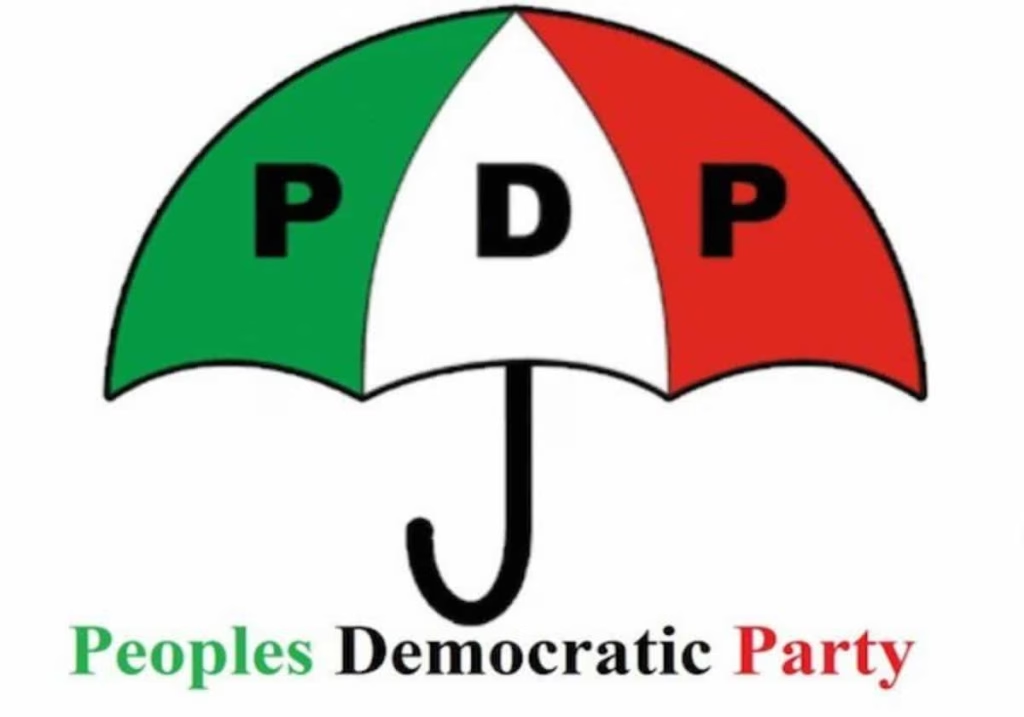A surge of high-profile resignations is destabilizing Nigeria’s opposition Peoples Democratic Party (PDP) in the country’s North-East region, with analysts warning the trend could erode its political stronghold ahead of the 2027 general elections. Key figures in states like Taraba, Adamawa, Gombe, and Bauchi have exited the party in recent months, citing factional disputes, leadership failures, and a perceived lack of democratic accountability.
The resignation of Professor Jerome Nyameh, a former 2023 PDP governorship aspirant in Taraba, underscores the deepening crisis. In a public letter, Nyameh—a party member since 1999—criticized the PDP’s “unresolved internal crises” and a widening gap between leadership and grassroots supporters. “My supporters are increasingly disillusioned, and the leadership has failed to provide a credible direction,” he wrote. His departure follows similar exits by other loyalists who accuse the party of sidelining dissenting voices and operating through exclusionary decision-making.
In neighboring Adamawa, where the PDP retains control under Governor Ahmadu Fintiri, youth leaders and local organizers have begun defecting to rival groups, citing a “lack of recognition” for grassroots efforts. While senior officials remain, party insiders report behind-the-scenes negotiations between local powerbrokers and opposition groups, including the ruling All Progressives Congress (APC) and newer parties like the Labour Party.
Though Gombe and Bauchi have seen fewer public resignations, discontent simmers beneath the surface. In APC-controlled Gombe, PDP members criticize weak opposition strategies and a lack of vision, with analyst Musa Abubakar warning, “Unless it reinvents itself, more people will jump ship.” Bauchi, governed by PDP’s Bala Mohammed, faces internal rifts between the governor’s allies and party structures, raising fears of defections if reconciliation fails.
Analysts attribute the unrest to systemic issues: autocratic local leadership, unresolved grievances from contested primaries, and a failure to present a cohesive strategy after the 2023 elections. Former members allege opaque candidate selection processes and poor conflict resolution, fueling long-term resentment.
Opposition parties are capitalizing on the turmoil. The APC is reportedly courting disgruntled PDP members, while emerging parties position themselves as alternatives. A Taraba-based APC official, speaking anonymously, claimed, “By 2027, the game will be different.”
PDP leaders have dismissed the defections as routine political shifts, though some acknowledge ongoing reconciliation efforts. The party’s ability to address internal divisions and articulate a compelling vision in the coming months could determine its survival as a dominant force in the North-East—a region where its influence has been pivotal for decades.
